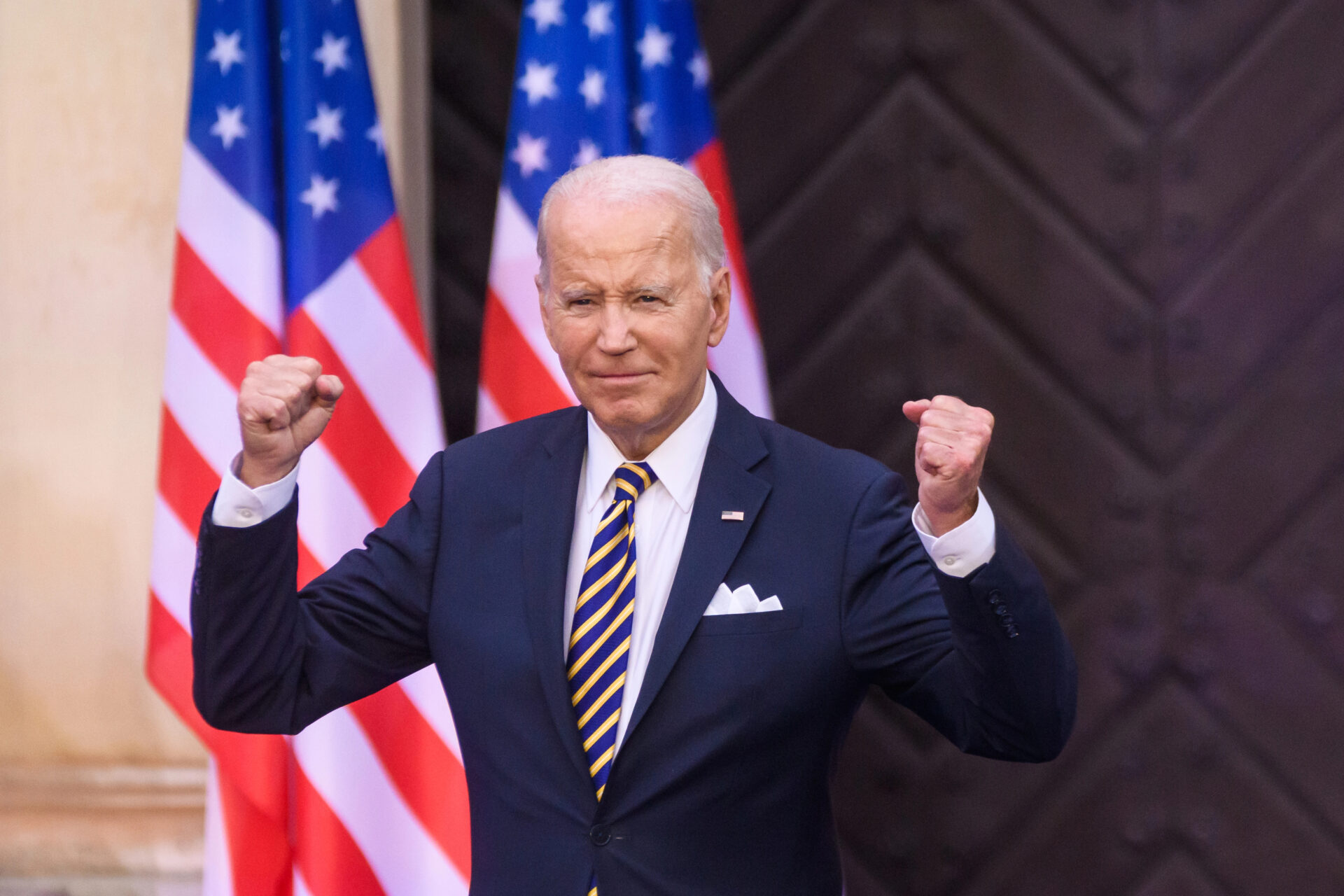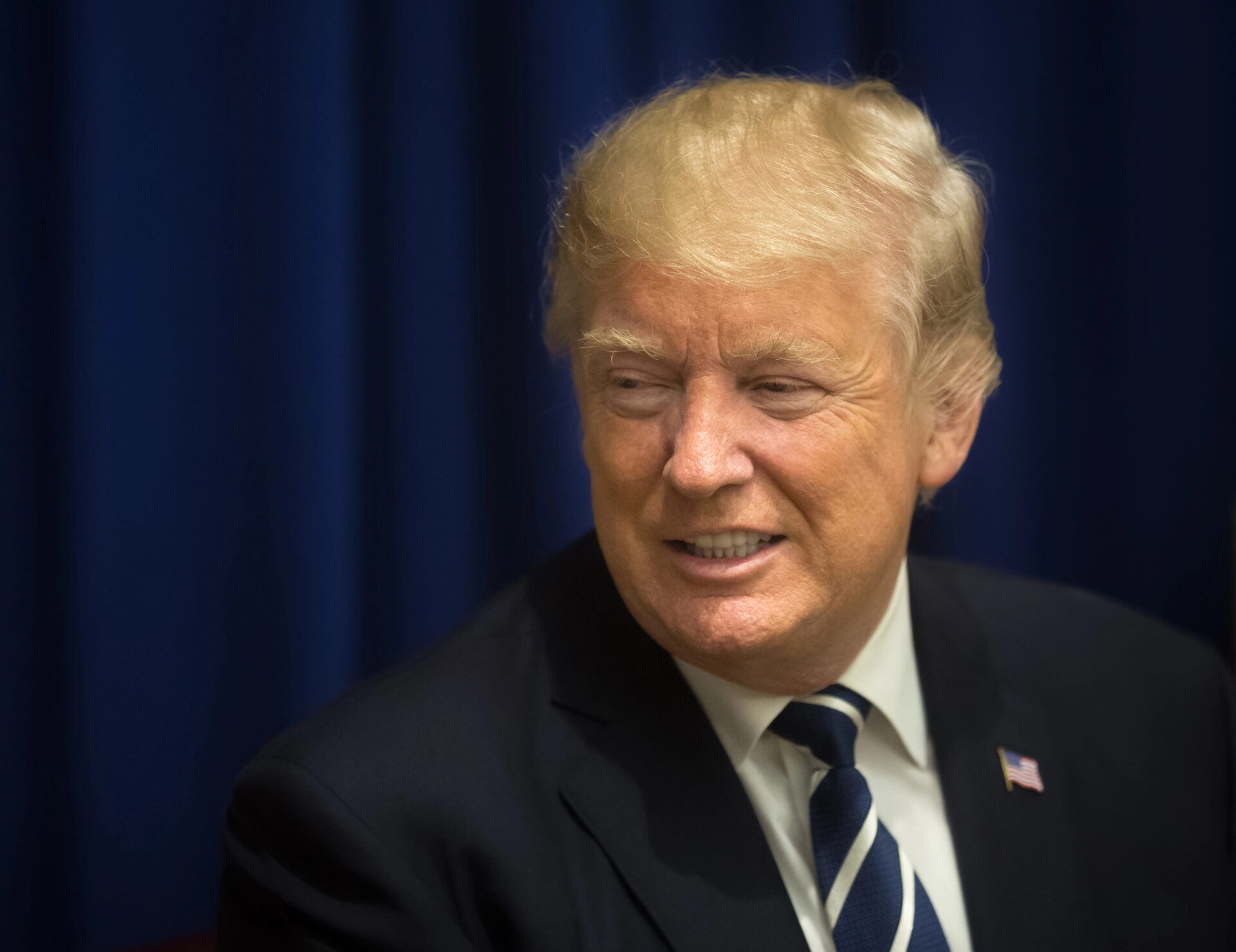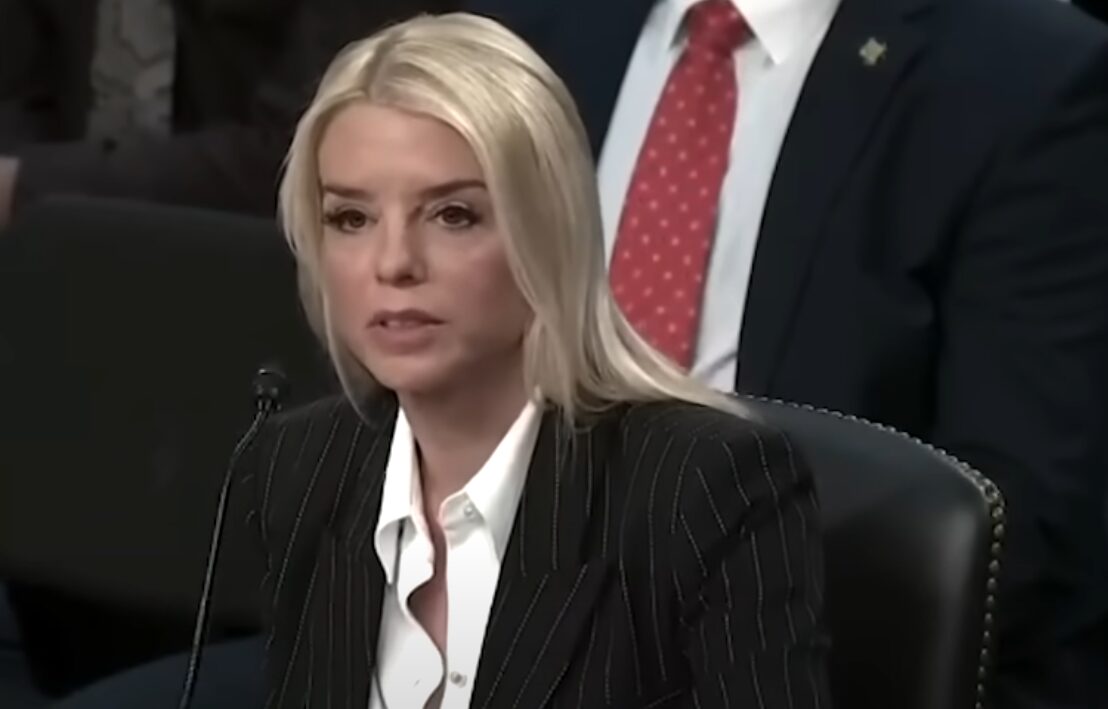In one of his final acts as president, Joe Biden issued a controversial series of pardons on Monday, shielding Gen. Mark Milley, Dr. Anthony Fauci, and a host of individuals tied to the January 6 investigation from potential future legal scrutiny under the incoming Trump administration. The sweeping move, announced just hours before Biden’s departure from the White House, has drawn sharp criticism from Republicans and even some moderate Democrats.
The pardons extend beyond Milley and Fauci to include members of Congress, staffers who served on the House Select Committee investigating the January 6 Capitol breach, and Capitol and D.C. Metropolitan police officers who testified during the hearings. Notably absent from the pardon list are Special Counsel Jack Smith, FBI Director Christopher Wray, and Attorney General Merrick Garland, despite widespread speculation that they could face investigations under the new administration.
Both Milley and Fauci issued statements thanking Biden for what they described as protective measures against “politically motivated” threats of investigation. Fauci stated, “Let me be perfectly clear: I have committed no crime and there are no possible grounds for any allegation or threat of criminal investigation or prosecution of me… I acknowledge and appreciate the action that President Biden has taken today on my behalf.” Milley echoed similar sentiments, emphasizing his desire to avoid placing undue stress on his family and loved ones.
The pardons immediately sparked outrage. Sen. Eric Schmitt (R-Mo.) minced no words in his critique, writing on X, “The guy who claimed he would ‘protect norms’ continues to bulldoze them and the Constitution until the bitter end. Biden truly is one of the worst Presidents in American history and will only be remembered as the guy between Trump’s two terms.”
The guy who claimed he would “protect norms” continues to bulldoze them and the Constitution until the bitter end.
Biden truly is one of the worst Presidents in American history and will only be remembered as the guy between Trump’s two terms. https://t.co/tc8fDtqPbK
— Eric Schmitt (@Eric_Schmitt) January 20, 2025
The backlash is compounded by Biden’s decision earlier in his term to issue a blanket pardon for his son, Hunter Biden, over a range of controversies, including tax evasion and firearms charges. The move, which Biden had previously pledged not to make, was defended by some as an act of family loyalty but widely derided as a politically damaging flip-flop. Critics have accused Biden of using executive powers to shield political allies and family members in ways that undermine his stated commitment to “norms” and “the rule of law.”
Even some within Biden’s political camp have expressed unease. Tommy Vietor, former Obama aide and co-host of Pod Save America, remarked during the Hunter Biden pardon controversy, “Everyone looks like they are full of s—. And Republicans are going to use this to argue it was politics as usual when Democrats warned of Trump’s corruption.”
As President Trump prepares to take office, his administration has signaled a determination to move forward with accountability, despite Biden’s efforts to preemptively close the door on investigations. Trump has already criticized the House January 6 Committee as a partisan weapon and vowed to ensure that the justice system remains focused on fairness rather than political retribution.
For conservatives, Biden’s 11th-hour pardons epitomize the double standards and self-serving politics that many feel have defined his presidency. With his term now over, Biden leaves a legacy of broken promises, controversial decisions, and a parting act that only deepens the divide between Washington’s elites and the American people.





